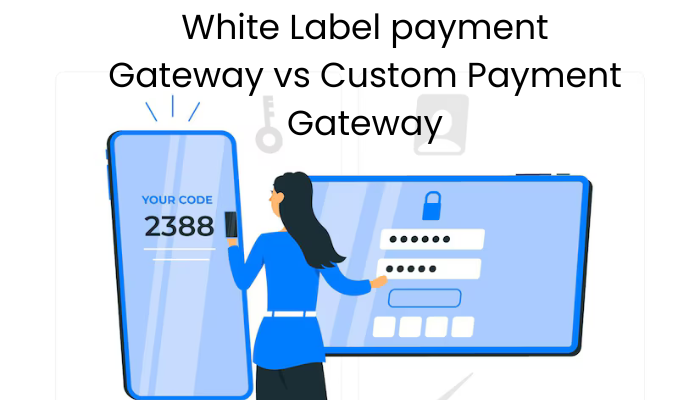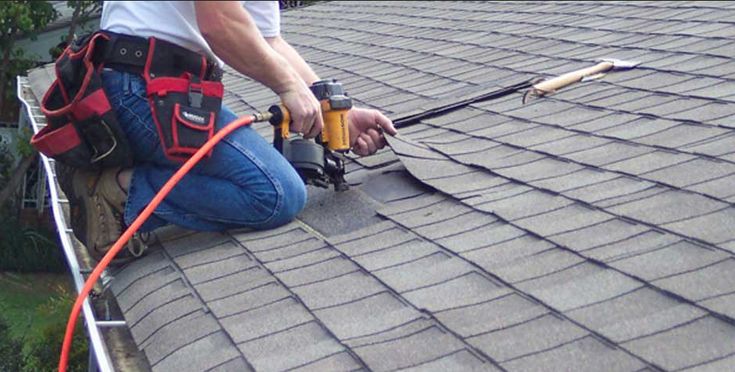Running a restaurant is no easy feat. From serving delicious food to creating a welcoming ambiance, every detail counts. But one often overlooked yet crucial element that directly affects a restaurant’s reputation and success is cleanliness. In an industry where hygiene is paramount, restaurant cleaning is not just about aesthetics—it’s a vital component of food safety, customer satisfaction, and regulatory compliance.
This comprehensive guide dives deep into the importance of restaurant cleaning, the benefits of hiring professional restaurant cleaning services, and how to choose the right provider to keep your establishment spotless, safe, and thriving.
Why Restaurant Cleaning Is Critical to Your Business
1. First Impressions Matter
Cleanliness is one of the first things a customer notices when they enter a restaurant. Sticky floors, dirty tables, or unpleasant odors can drive customers away—even if the food is great. A clean space sets the tone for a positive dining experience and builds customer trust.
2. Compliance With Health and Safety Regulations
Restaurants must comply with strict health and safety regulations enforced by local public health departments. Failure to maintain cleanliness can result in fines, poor health inspection scores, or even closure. Regular deep cleaning ensures your kitchen, dining area, and restrooms meet all regulatory standards.
3. Preventing Cross-Contamination and Foodborne Illnesses
Unclean surfaces, utensils, and kitchen equipment can harbor harmful bacteria like E. coli, Salmonella, and Listeria. Routine sanitization helps prevent cross-contamination and keeps foodborne illnesses at bay, safeguarding both staff and guests.
4. Protecting Your Brand and Reputation
In today’s digital age, one negative review about poor hygiene can go viral, damaging your brand’s image. Cleanliness contributes to your online reputation, and happy customers are more likely to leave positive reviews.
Areas That Require Consistent Cleaning in a Restaurant
A restaurant’s cleaning needs go far beyond wiping down tables and mopping the floor. Here’s a breakdown of key areas that require daily, weekly, and monthly attention:
Daily Cleaning Tasks
- Dining Area: Disinfect tables, chairs, menus, and high-touch surfaces.
- Restrooms: Clean toilets, sinks, mirrors, and restock supplies.
- Kitchen: Sanitize prep stations, cutting boards, grills, stovetops, and counters.
- Floors: Sweep and mop with disinfectant.
- Trash Disposal: Empty bins and sanitize receptacles.
Weekly Cleaning Tasks
- Clean refrigeration units and gaskets.
- Degrease kitchen hoods, vents, and fryers.
- Deep clean dishwashers and ice machines.
- Wash windows and glass doors.
Monthly/Quarterly Cleaning Tasks
- Clean behind kitchen equipment.
- Deep-clean carpets and upholstery.
- Inspect and sanitize air ducts and filters.
- Strip and wax floors if needed.
The Benefits of Hiring Professional Restaurant Cleaning Services
While in-house staff can handle routine tasks, professional cleaners bring expertise, equipment, and efficiency that take sanitation to the next level.
1. Expertise and Training
Professional cleaning companies specialize in commercial and restaurant sanitation. Their staff are trained in proper disinfection techniques, cross-contamination prevention, and OSHA (Occupational Safety and Health Administration) guidelines.
2. Advanced Equipment and Cleaning Agents
From steam cleaners to commercial-grade degreasers and eco-friendly disinfectants, pros use tools that go beyond what’s available in a standard supply closet. These help ensure a deeper, more thorough clean.
3. Time and Cost Efficiency
Hiring a professional service allows your staff to focus on their core duties while saving you from the hidden costs of poor sanitation—like food waste, pest infestations, or failed inspections.
4. Customized Cleaning Schedules
Professional cleaners work around your restaurant’s schedule, offering after-hours or overnight cleaning services to minimize disruption to your operations.
5. Consistency and Accountability
Professional services provide consistent quality. Many offer checklists, supervisor inspections, and digital logs to ensure every task is completed to standard.
Choosing the Right Restaurant Cleaning Service Provider
Not all cleaning companies are created equal. Here’s what to consider when choosing a restaurant cleaning partner:
1. Experience in the Food Industry
Look for companies with proven experience cleaning restaurants or commercial kitchens. Ask for client testimonials or references from businesses in the food service industry.
2. Certifications and Compliance
Ensure the provider is licensed, insured, and up-to-date with local health codes. Certifications in food safety and sanitation (e.g., ServSafe) are a plus.
3. Customizable Services
Every restaurant has unique needs. Choose a service that offers flexible plans—daily, weekly, monthly, or one-time deep cleans.
4. Use of Safe, Non-Toxic Products
If sustainability matters to your brand, ask about the cleaning products used. Many professional services offer eco-friendly options that are both effective and safe for the environment.
5. Transparent Pricing and Contracts
A reputable cleaning company should offer transparent quotes and clear terms. Avoid vague contracts or companies that lock you into long-term commitments without trial periods.
Promotional Highlight: Keep Your Restaurant Spotless with Expert Help
Looking for reliable restaurant cleaning services that exceed industry standards? Castle Clean offers professional-grade restaurant cleaning tailored to your needs. Whether you run a small café or a multi-location franchise, our certified team ensures your kitchen and dining areas meet the highest levels of cleanliness, safety, and inspection readiness. Contact us today to schedule a consultation and experience the Castle Clean difference.
Tips for Maintaining Cleanliness Between Professional Cleanings
Even with regular professional cleaning, daily maintenance by your in-house staff is key. Here’s how to maintain a pristine environment between deep cleans:
- Train staff regularly: Ensure everyone understands the cleaning protocols and responsibilities.
- Use a cleaning checklist: Keep a daily log to track completed tasks.
- Stock up on supplies: Keep cleaning agents, gloves, and cloths well-stocked to avoid gaps.
- Address spills immediately: Prevent slips and contamination by cleaning spills promptly.
- Encourage hygiene: Promote frequent handwashing and clean uniforms for all employees.
The Future of Restaurant Cleaning: Trends to Watch in 2025
As technology and public health awareness evolve, restaurant cleaning practices are advancing too. Here are some trends shaping the industry:
1. Green Cleaning Solutions
More restaurants are moving toward non-toxic, biodegradable cleaning products to reduce their environmental impact without compromising cleanliness.
2. Smart Cleaning Technology
IoT-enabled devices, such as automated floor scrubbers and sensor-based dispensers, are becoming more popular in large-scale operations for efficiency and data tracking.
3. Increased Transparency
QR codes on tables linking to cleaning logs or inspection scores give customers added confidence in a restaurant’s hygiene standards.
4. Outsourcing as a Standard
In 2025, outsourcing cleaning tasks is becoming the norm, especially in high-volume restaurants where maintaining health codes requires specialized care.
Final Thoughts
Restaurant cleaning is far more than just a daily chore—it’s a pillar of your business’s success. From ensuring food safety and compliance to enhancing customer satisfaction, the benefits of maintaining a spotless environment are undeniable. While routine cleaning can be handled by staff, hiring a professional restaurant cleaning service elevates your hygiene standards, protects your brand, and allows you to focus on delivering exceptional food and service.
By investing in professional cleaning and adopting best practices, your restaurant won’t just look clean—it will be clean, safe, and welcoming to every customer who walks through your doors.




